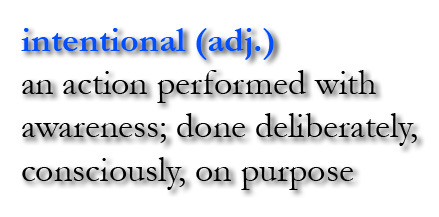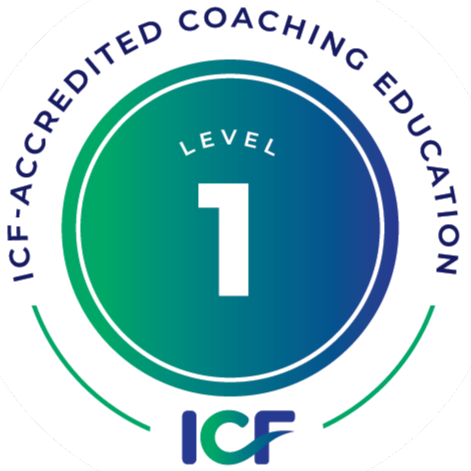
Just as Maslow’s hierarchy of needs predictably describes the inter-dependent path of healthy personal, emotional and physical growth, so our lives follow an equally predictable path as adults. Life experiences give us feedback on our choices, and when we listen to these messages, we are better able to chart a course toward personal satisfaction.
Here are the steps:
- Life provides us with information or “messages” based on our choices, beliefs and behavior.
- When we do not listen, the messages become lessons.
- If we do not learn, the lessons become problems.
- When we don’t address the problems, they become crises.
- When crises go unresolved, they create chaos in our lives.
Patrick William’s and Lloyd Thomas’s book Total Life Coaching recommends that coaches stay focused on the “lessons and messages” level. When we intentionally take control of the beginning of the learning curve, we can avoid crisis and chaos, and start to diffuse problems. This is the focus and process coaches use to teach their clients to engage their lives proactively, rather than on a reactionary level. Focusing on the initial lessons in this process makes living (and life coaching) so much more effective and enjoyable.
By learning to identify this process, life coaches are empowered to make the necessary internal and external changes to become a highly successful coach, and teach their clients to learn how to become the person they want to be. When a person consciously chooses their responses to life, they purposefully create the life they desire.
Unfortunately, most of us don't learn to respond consciously to life’s events. Rather, we usually react automatically or subconsciously to what happens in our lives. This reactionary approach creates a cycle that no longer allows the person to guide their lives toward what is important to them.
When a person reacts to life events, they create a lifestyle predicated on external circumstances. When they plan for, and intentionally choose their responses, they are able to recapture their birthright, power and permission to design and engineer his or her lifestyle according to their individual gifts, desires and preferences. In other words, they take charge of the nature and quality of your life.
As a life coach, you need to be intimately familiar with this process, and these abilities. You need to be aware of how to build based on your own successful life lessons, and how to best coach your clients, so they develop and internalize these skills. In your personal growth, and coaching career, two essential factors build your foundation for success:
- Consciously recognize that you already possess the power to respond in ways that create what you want; and
- Through your effective use of that power, you can generate the results you desire for your life and for the lives of your clients.
When these two principles for success pervade your personal life, your life coaching, and your career, you will be able to create an environment that benefits yourself and others.

Dr. Patrick Williams, Ed.D.,MCC, is the Founder and Director of Training of The Institute for Life Coach Training. He brings with him a wide variety of training in psychology and professional experiences, as well as training as a Coach. His personal approach is eclectic, drawn from his graduate education, life experiences and other professional training.




